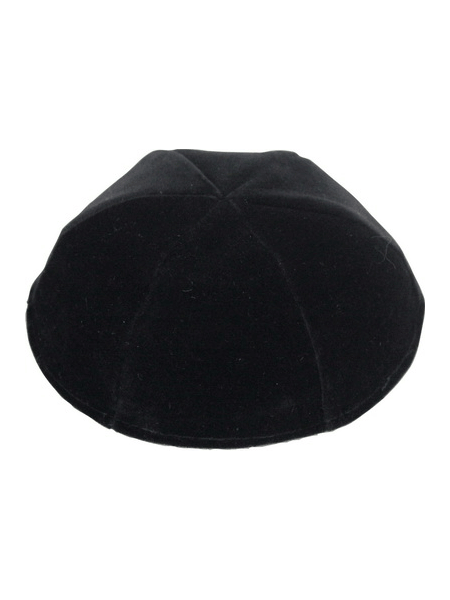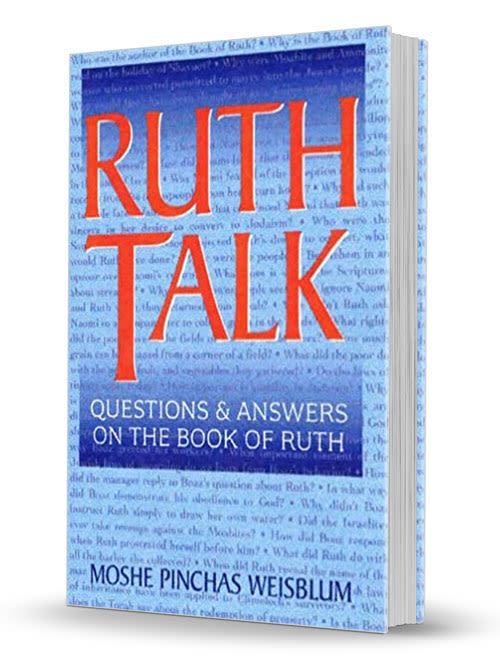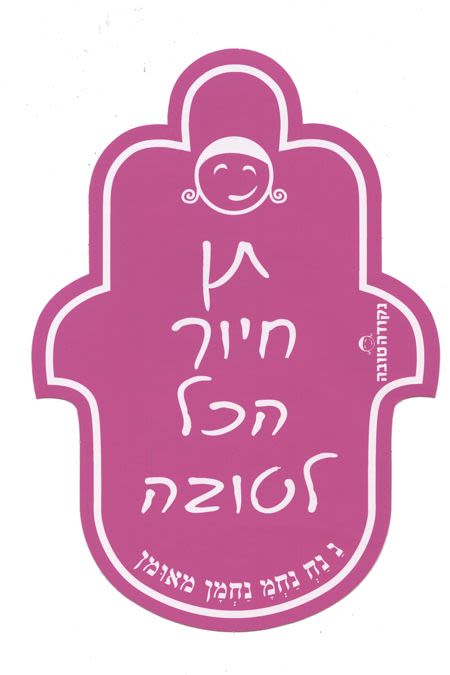
The Canned Corn Wedding
It was one of those crazy, hectic dinner times when answering the phone is ridiculously inappropriate, but the urge for a harried mother to hear an...

It was one of those crazy, hectic dinner times when answering the phone is ridiculously inappropriate, but the urge for a harried mother to hear an adult voice speaking calmly and reasonably is impossible to resist.
I picked up the phone and was rewarded with the thrilling news that a friend’s child was going to be married. I grabbed a pen, hurried over to the kitchen calendar and scribbled in the pertinent details on the appropriate date.
About a week later, in another pressured moment, while trying to get a meal together as quickly as possible, I sent our six-year-old son to the corner store to buy several cans of corn. I gave him a note to hand to the grocery man, specifying how many cans we needed and specifically asking for the brand that had no added sugar. This I emphasized by underlining “No sugar!” three times.
Our son returned ten minutes later. He proudly placed the corn on the dining room table and ran to get the can opener. I groaned. One glance at the label told me it was the wrong kind. Yup. Right there on the list of ingredients: Corn, water, SUGAR. Yuck!
“Did you pick out these cans yourself?” I asked our son.
“No.”
“Hmm. Did you give the man the note?”
He nodded yes.
How strange. “Well, these must be more expensive!” I announced. I was inwardly fuming. How could my grocery man take advantage of an innocent child?
Before I worked myself up too much, a remembered something that I had just read in Rebbetzin Samet’s book, “The Other Side of the Story,” about the importance of judging others fairly. Rebbetzin Samet explains that the moment we judge others, we are opening ourselves up to being judged similarly from Above. And the way in which Hashem views an individual reflects the way that person views others. We can create our own negative verdict with our own thoughts.
“Well,” I chastised myself, “I’d better think fast and judge the grocery man favorably.” Here was an opportunity to fulfill the mitzva of ve’ahavta lerei’echa kemocha, “Love your neighbor as yourself.”
I needed to find a zechut for our grocery man, just as I would want someone to find a zechut for me if I were seen seemingly doing something inappropriate.
Suddenly, I recalled that I had printed, bli melach, “no salt,” (underlined three times for emphasis!), and not bli sukar, “no sugar” as I had intended.
I immediately pointed out to my children what had happened: how quickly I had responded with an unfavorable judgment of our innocent grocery man and how careful we must be to not jump to conclusions that could be incorrect!
About seven weeks later, our family’s “Corn Story” appeared in the local yeshiva’s newsletter.
The following Thursday, while flipping the calendar page to a new month, I noticed that, in that day’s box, I had scribbled in small, barely legible letters: “7:30 Chuppa, Simcha Hasimcha hall.” But I had forgotten to write whose wedding I was supposed to attend!
Just before the kids came home for lunch, the phone rang. I didn’t recognize the voice on the other end of the line. It was a young man calling to ask me for mechila, forgiveness. He said that when he read my corn story in the yeshiva newsletter, he had commented to his wife, “What a stupid thing to do, writing down the wrong word on that note!”
I tried to explain that the whole point of the story was to make us realize that be we, ourselves, often make mistakes, we must judge others favorably.
“Yeah, but it was still such a stupid thing to do! And then for you to go and publish the story and publicly announce your mistake was ludicrous.”
I tried – without success — to convince him of the virtue of realizing that we all make mistakes and that’s why we must examine our own deeds before judging those of others. By the time I hung up the phone, I was very upset. Perhaps I had made a mistake in publicly pointing out my own human frailty. I decided to phone Rabbi Nachman Bulman zt”l to discuss the issue.
The Rebbetzin answered my call. “When would it be convenient to speak to the Rav?” I asked.
“Around five-thirty.”
“Five-thirty would be a difficult time for me to call,” I thought. “Could I possibly call sometime this evening?”
“No, we won’t be home. We are going to a wedding,” Rebbetzin Bulman replied.
“A WEDDING?” I repeated, jumping up and running to the kitchen to peer at the calendar. “Seven-thirty at Simcha Hasimcha?”
“Yes, that’s right.”
“Rebbetzin Bulman!! I shouted with excitement, “Would you mind telling me whose wedding it is?
She told me. And that is how I found out the name of my friend whose daughter was getting married, and fortunately I ended up attending a wedding that I would not have wanted to miss!
And as for Rabbi Bulman’s advice concerning my query about public confessions of human frailties and foibles, the fact of the printing of this essay should adequately convey his answer!











Tell us what you think!
Thank you for your comment!
It will be published after approval by the Editor.